THEY may not be getting mainstream recognition yet, but the number of young documentary filmmakers in Malaysia is on the rise.
That’s according to Lina Teoh, co-founder and executive director of the Malaysian Documentary Society (MyDocs), who estimates that around half the people attending MyDocs’ workshops and masterclasses are in their 20s and 30s.
“It’s great to see these young, budding filmmakers who come to our workshops or screenings and are keen to ask questions and find out more,” said Teoh, a former Miss Malaysia World whose turn as kiasu lawyer Susan on local sitcom Kopitiam made her a media darling in the late 90s.
“I see a lot of potential in our local documentary filmmaking industry for greater things which is why MyDocs was created in the first place.
“But we also want to advocate for more awareness among the public that there is a different genre out there, and it starts from having more local broadcasters that are supportive,” she said.
Unfortunately, support from local broadcasters is lacking when it comes to documentaries, according to Teoh.
Getting an appointment with local stations and broadcasters to showcase their work was hard, and the chances of a follow-up were next to nothing.
Teoh believes this problem stems from a huge misconception.
“Local stations don’t believe Malaysians like documentaries, but how will they know if they never expose them to the public? You need to give them a chance to make up their own minds.”
Teoh has found much more support for documentaries overseas, so much so that some international broadcasters find it a bit odd when Malaysian filmmakers come to them with projects that don’t have a local broadcast partner.

Teoh said the main problem was the public’s lack of awareness, and gaining support from broadcasters to air documentaries. — The Star/sia Hong Kiau
“When we pitch internationally, we will definitely be asked who your local partner is, or which station has agreed to broadcast our work.
“When we say we have none, the majority of international clients assume the film is rubbish, because how can you have no station willing to support you?” said Teoh.
And it’s not like documentaries aren’t commercially successful. In 2012, the documentary movie Oscar, about a young abandoned chimpanzee, grossed over RM140mil worldwide, which is higher than a lot of Hollywood movies. The documentary was produced by Disneynature, an independent arm of Disney that releases nature documentary films.
It’s no wonder Teoh is frustrated, as she feels that local documentary filmmakers have the potential to achieve that same level of success both artistically and commercially, but only if Malaysian viewers are given the chance to enjoy documentaries in the first place.
“Viewers overseas have developed an appreciation of documentaries and they understand how much effort goes into making one episode.
“There is no point showing people the same old shows. It does not broaden their minds,” she said.
Developing talent
MyDocs organises monthly events, ranging from workshops for young filmmakers to masterclasses for seasoned documentarians.
They explore different aspects of documentary filmmaking, such as cinematography, scriptwriting, storytelling and even financing.
Internationally renowned trainers and filmmakers are brought in to conduct these sessions, such as award-winning director Aditya Thayi (Danger Zone – Kabul) and Sydney Suissa, who has created content and launched channels during his time as vice-president for National Geographic (Nat Geo Wild, Nat Geo Adventure) and History Channel.
MyDocs also funds local filmmakers to attend international documentary conferences and pitching forums.
“The scene is young compared to other countries, but there are plenty of talented, passionate filmmakers here who want to improve themselves.
“Unfortunately, none of our film schools really focus on documentary filmmaking,” said Teoh, adding that most local documentary filmmakers she knows learnt the trade themselves, or did so overseas.
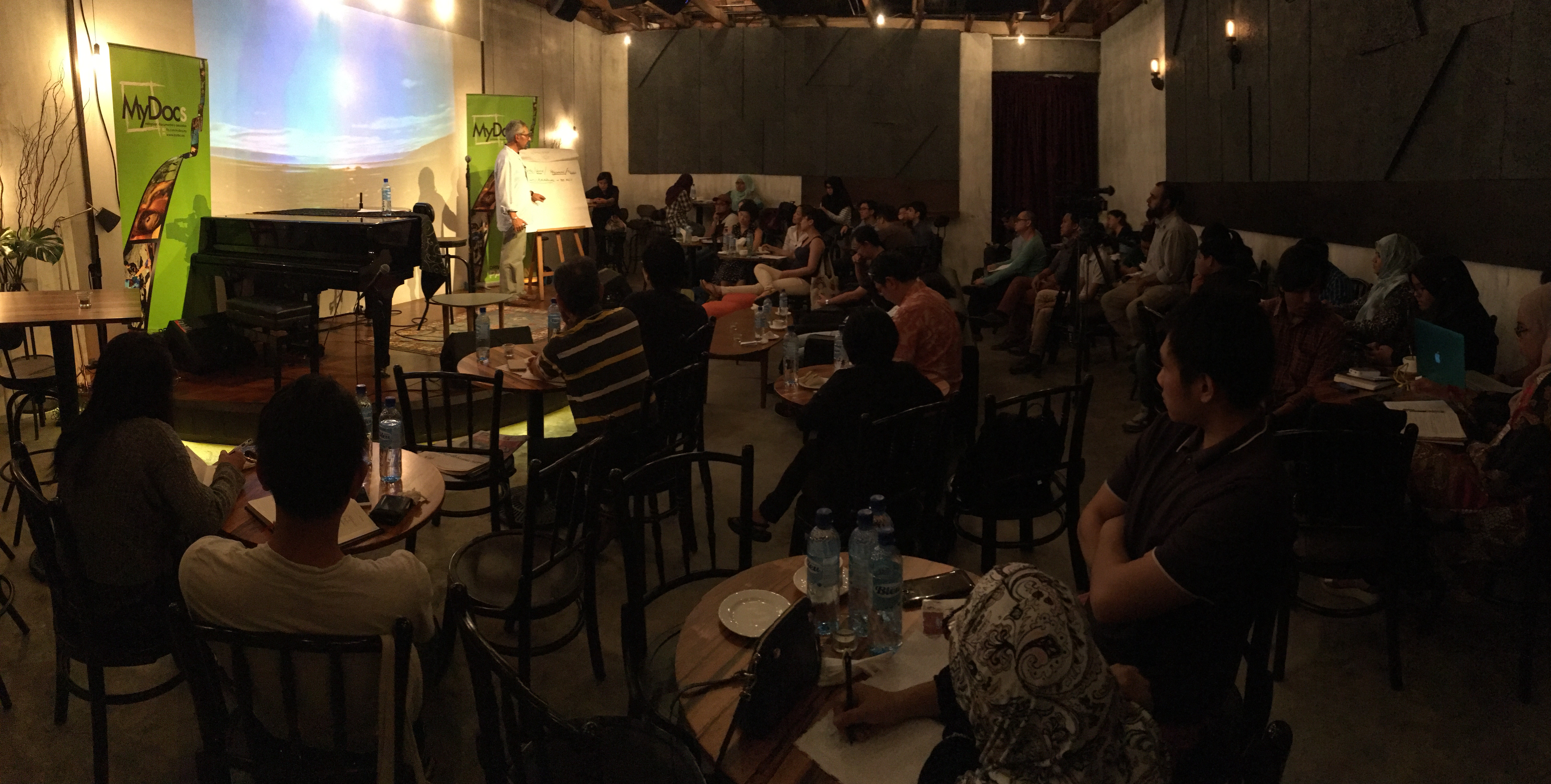
MyDocs regularly organises events, such as this workshop with internationally renowned filmmaker and trainer, Sydney Suissa. Teoh said it’s an encouraging sign to see so many young people attending. Photo: MyDocs.
Having been in the business for 20 years, MyDocs president Harun Rahman said it was tough when he first started out.
He had been working on TV dramas, but the glitz and glam soon wore off and he found himself gravitating towards documentaries.
“I had always been interested in watching documentaries – especially wildlife documentaries – and the lack of professionalism in the drama scene was one of the reasons I left.
“Thanks to a corporate sponsor, I was able to start making documentaries, and now I’m in heaven!” said Harun.
Although he and his wife now own a successful production company, Harun cautions aspiring filmmakers about the difficulties they’ll encounter, such as censorship and funding.
“Thought-provoking documentaries are hard to find sponsors for, as broadcasters – local or international – tend to shy away from controversial topics.
“You may end up funding your own film, or finding grants that barely cover costs,” he added.
But young aspiring filmmakers today have something that wasn’t available 20 years ago – the platform created by MyDocs, which allows them to improve by exchanging ideas and learning from seasoned filmmakers.
Just keep filming
While relatively quiet during the first few years, Teoh said MyDocs has been rolling out at least one big event a month this year to keep the momentum and interest going.
“It’s been great! When I look at the attendance compared to when we started, it’s amazing, seeing a packed venue and an eager crowd,” she said.
Anyone can join MyDocs simply by signing up on their website. They keep members informed of future happenings via email.
Most of their workshops and masterclasses are free or cost next to nothing.
It wasn’t always easy going for them, not because of a lack of interest or dedication, but because the founding members were too dedicated to their work.
“When we first started, all of us were producers with our own production houses so we were just too busy to really sit down and run MyDocs,” said Teoh.
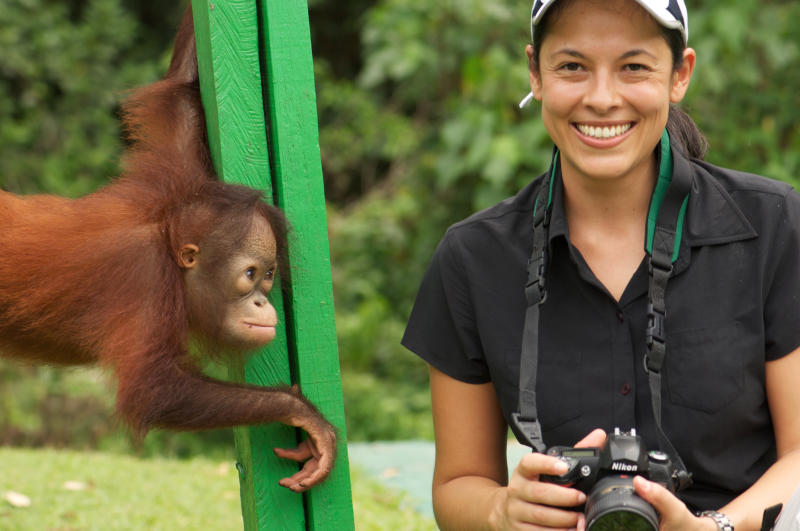
Teoh during the filming of ‘Great Apes with Michelle Yeoh’, filmed at Sepilok Rehabilitation Centre, Sabah. Photo: Lina Teoh.
Although there were times they felt like giving up, their passion to build a strong documentary community kept them going.
Five years on, MyDocs counts around 350 members on their mailing list, and it continues to be supported by the National Film Development Corporation (Finas).
Finas helps by providing documentary filmmakers the opportunity to pitch their ideas for funding at the Content Malaysia Pitching Centre. Young filmmakers can also apply for funding to attend learning programmes.
“I think there’s a lot of hope for our local industry, given the amount of opportunities available now. Our community is continuing to grow and we are sharing more with each other,” said Teoh.
“I’m feeling very positive about the future of Malaysian documentary filmmaking.”
Predator series screening
THE Malaysian Documentary Society (MyDocs) is organising a screening of Predator In My Phone this Thursday, Aug 4.
The R.AGE original series follows the team’s undercover investigations into online child sex predators in Malaysia.
The screening will take place at the Content Malaysia Pitching Centre in Kuala Lumpur and will include a Q&A session with child protection experts and R.AGE senior producer Elroi Yee.
Go to the MyDocs Eventbrite page (mydocsscreeningpredatorinmyphone.eventbrite.com) to book a seat!

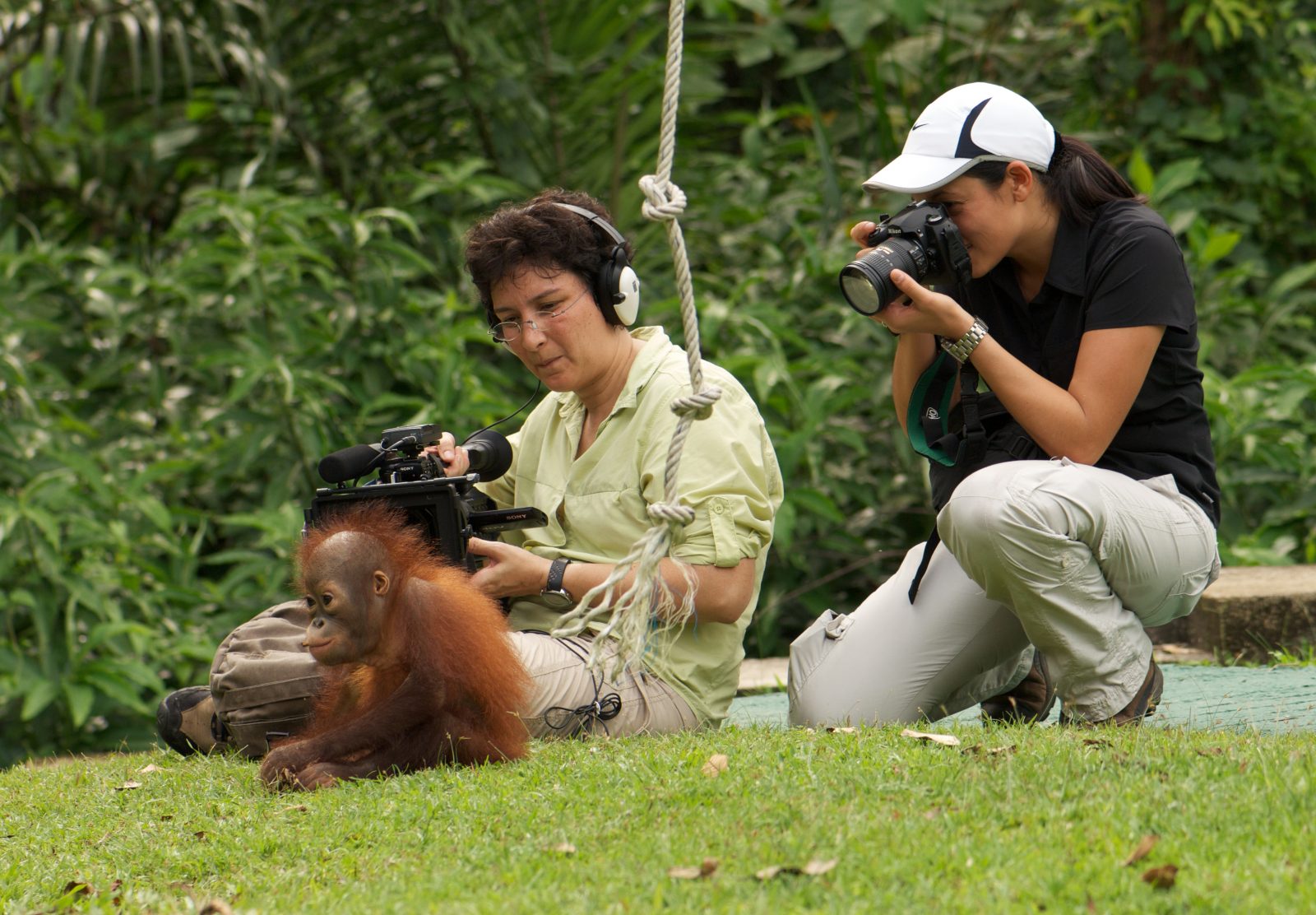
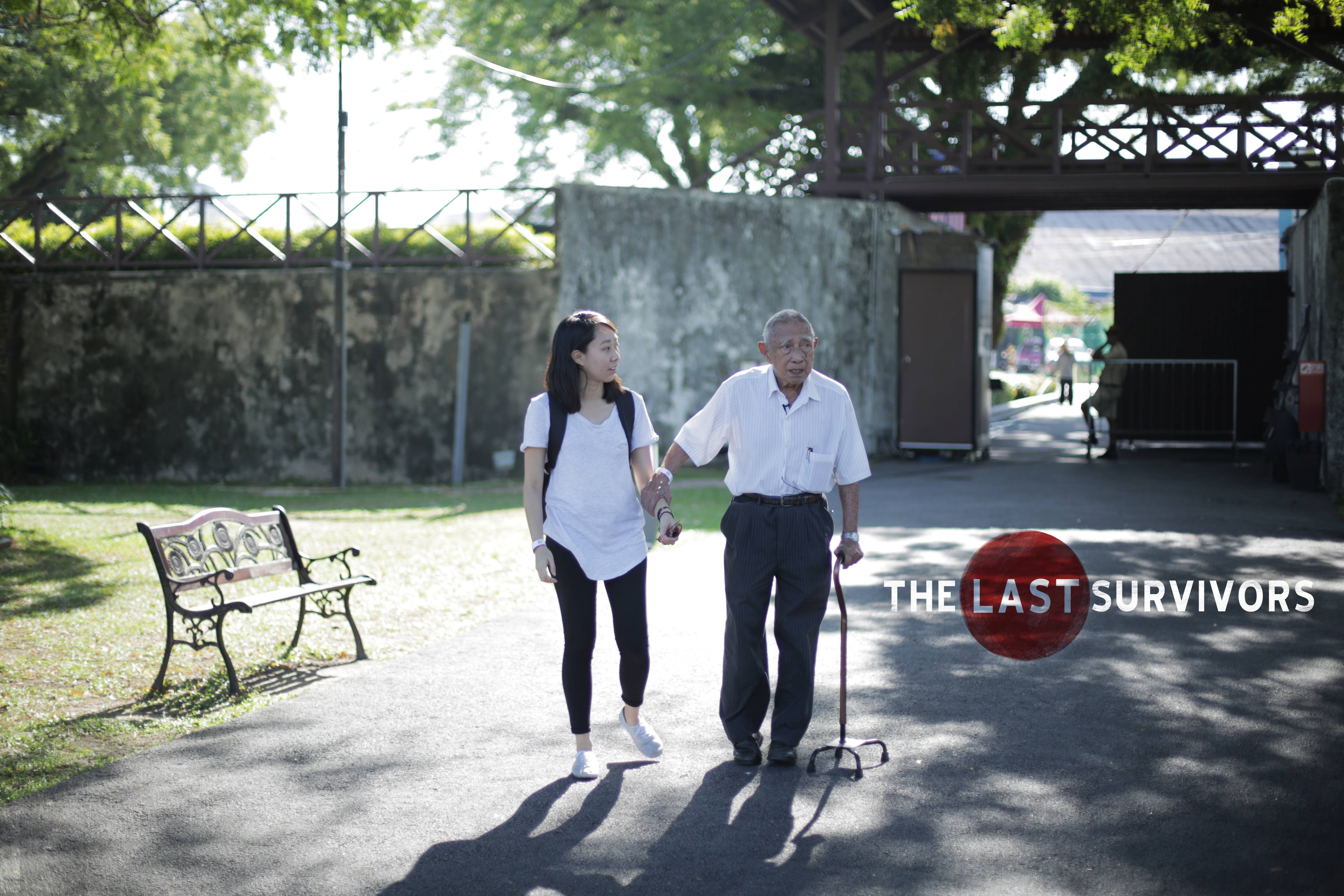
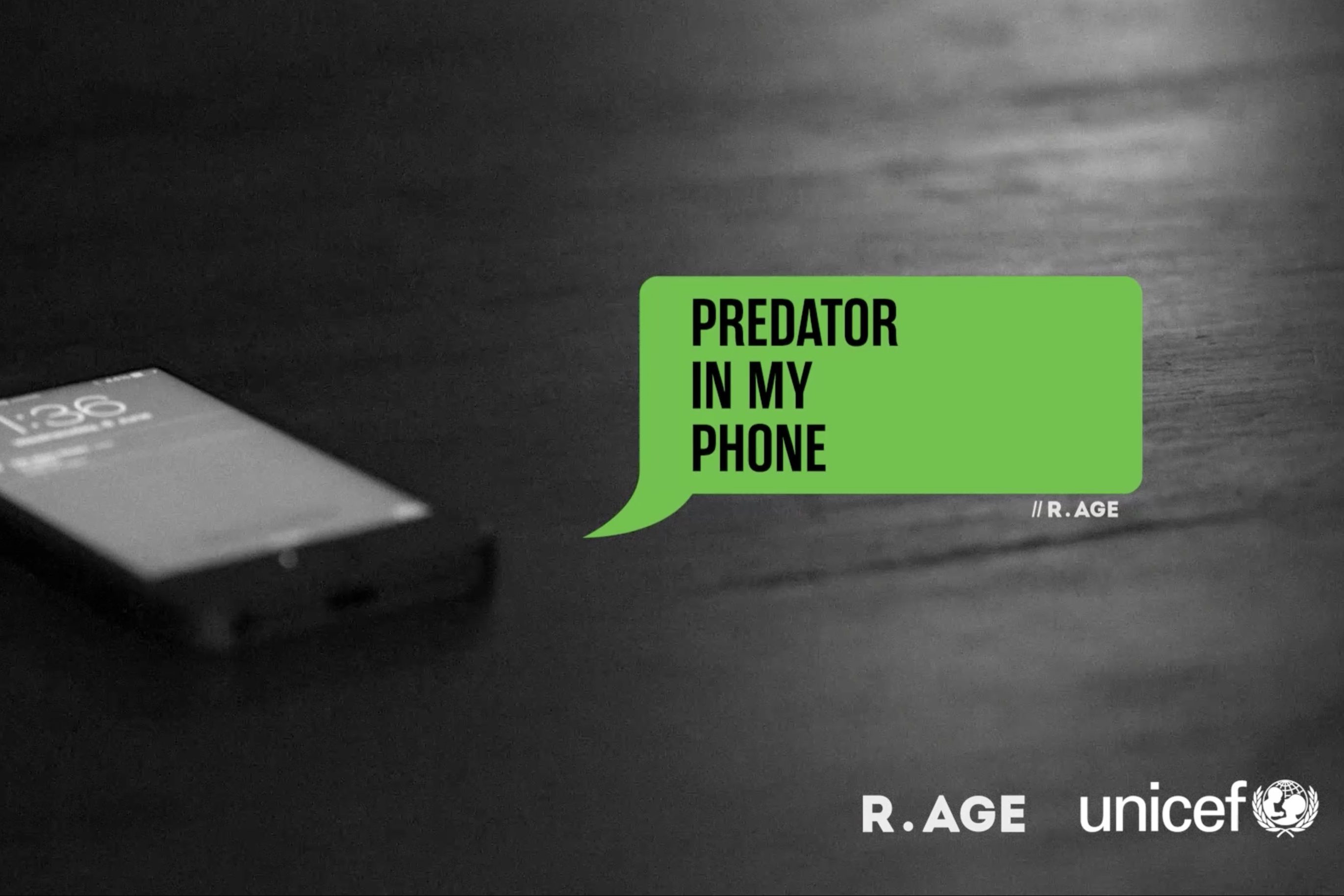
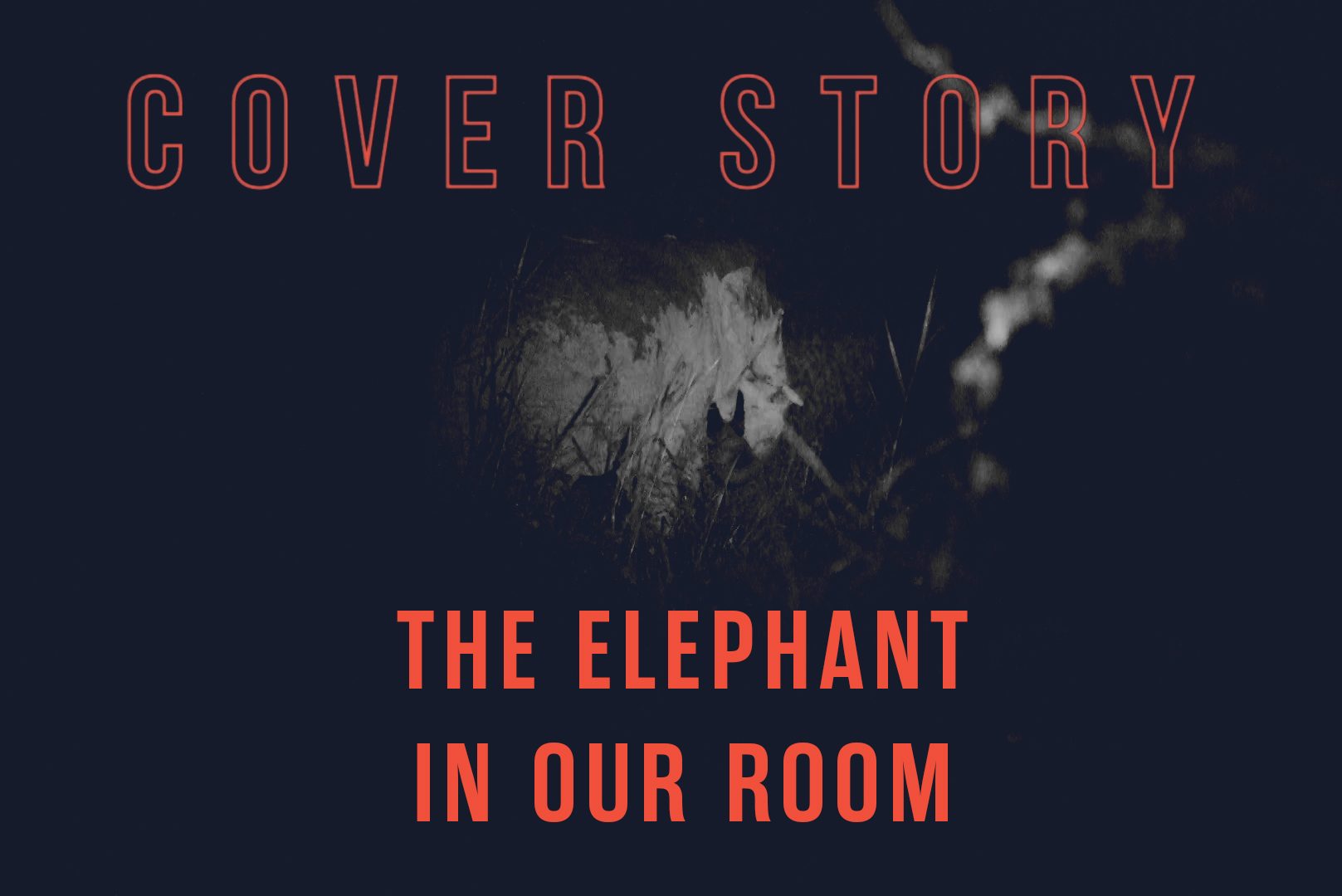
Tell us what you think!